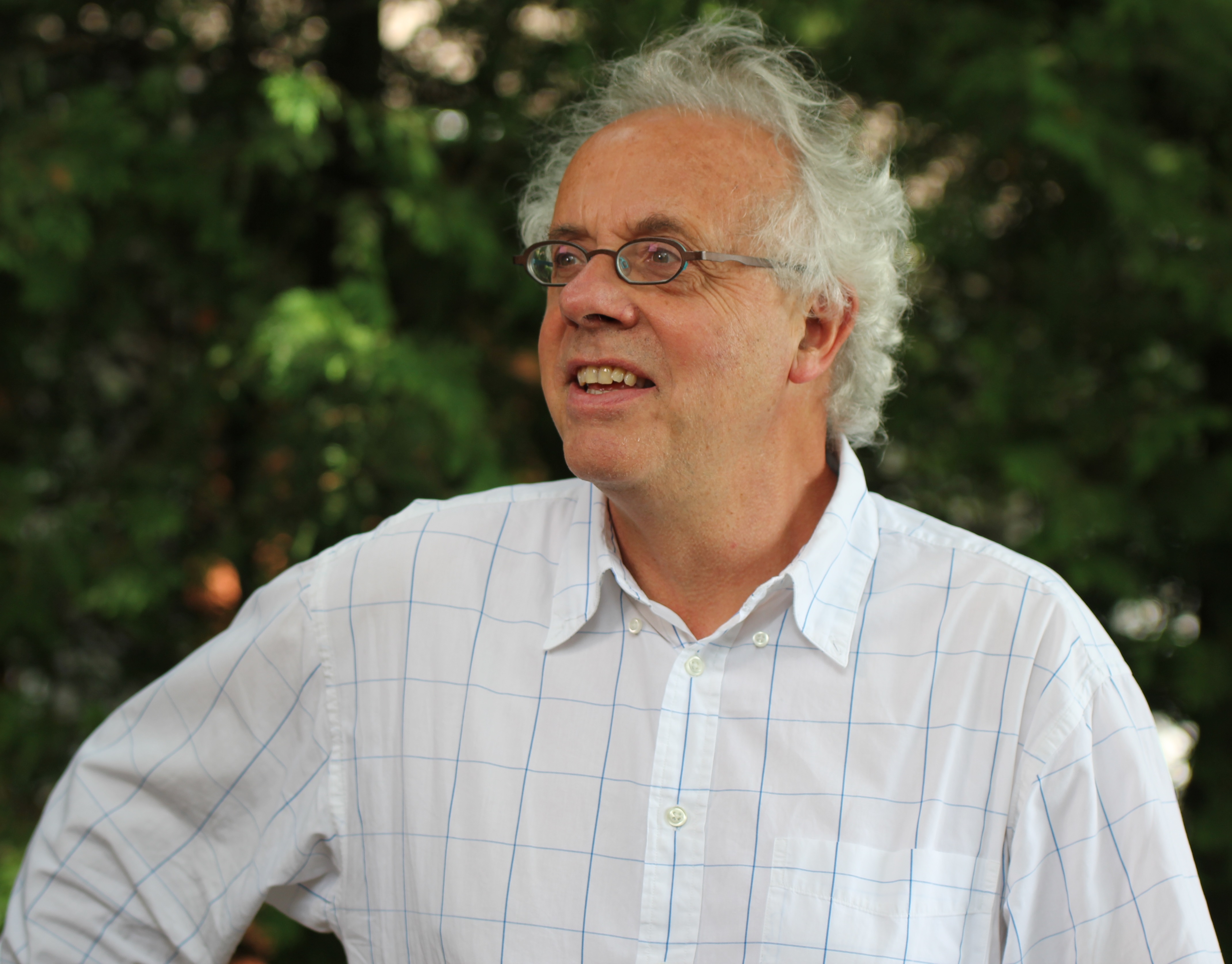 I’d better start with a confession. I must have flown the Atlantic 300 times. I’ve been multiple times to New Zealand and Australia and have flown often to Japan, China, South Asia, Africa, and South America. I’ve flown to Madrid for lunch. Worse, for probably 10 years of that flying, I knew that the world was close to disaster from the climate emergency. But now I’ve stopped flying—except to Mexico to see my son, daughter in law, and grandchildren. (There’s always an exception, you hypocrite.)
I’d better start with a confession. I must have flown the Atlantic 300 times. I’ve been multiple times to New Zealand and Australia and have flown often to Japan, China, South Asia, Africa, and South America. I’ve flown to Madrid for lunch. Worse, for probably 10 years of that flying, I knew that the world was close to disaster from the climate emergency. But now I’ve stopped flying—except to Mexico to see my son, daughter in law, and grandchildren. (There’s always an exception, you hypocrite.)
My excuse for the past 10 years of my flying was that I was working in global health. “You can’t,” I would argue, “sit in a basement in Clapham and do global health.” But now I think that you mostly can: four recent experiences have made me think this.
The first experience was chairing a meeting at Chatham House in London. Chatham House (it of the famous rule) is also known as the Royal Institute of International Affairs and, as its name implies, hosts many international meetings. It has invested in communication technology, and while some of us sat around a table in London people joined us on a large screen from all over the world. We could see and hear them easily, and they could see and hear us easily. The meeting went on for most of the day and worked well.
The next day I attended the steering committee of a trial that has been conducted in Pakistan, Bangladesh, and Sri Lanka and coordinated by a team from Singapore. The trial is funded by the Medical Research Council, the Wellcome Trust, and the Department for International Development. We have met annually some five or six times already, always in London apart from one meeting in Sri Lanka. We know each other well, and we could easily, I reflected during the meeting, have met electronically. There were about 14 people at the meeting, nine from Asia, four from Britain, and one from Sweden. (The Swede knows Greta Thunberg’s parents, introduced me to the Swedish word flygskam (flight shame), and told me he had taken a holiday with other Swedes that took them by a chartered train around Southern Europe.) The cost of the meeting must have been about £35 000, and the carbon load about 30 metric tonnes (the annual footprint of about 60 Bangladeshis).
Then a few days ago I attended a Webex meeting to discuss COP25 and COP26 (the annual United Nation meetings to discuss the climate emergency). Some 80 people from many countries joined the meeting that lasted for 90 minutes. There were presentations for about an hour and then 30 minutes of questions and discussion. Everybody was on mute apart from the person speaking, and the meeting went well with no technical hitches. The technology, which would regularly crash a few years ago, has improved remarkably.
My final experience was a colleague telling me of a meeting of another steering meeting that he had been supposed to attend in Delhi. It was due to be a meeting of about 25 people over two days. The organiser decided to hold the meeting electronically rather than face to face. By doing so he saved around £50 000 (and again many tonnes of carbon) and spent £30 000 on state of the art communication technology. The meeting was carefully planned with regular breaks and subgroups, and it worked well.
We all value face to face meetings, not only for getting to know each other, being able to work through particularly difficult issues, and enjoy the craic outside the meeting. (I’ve just experienced such a three day meeting in Bellagio, Italy: cost perhaps £50 000; carbon load about 15 tonnes.) But we mostly don’t enjoy the flying, the misery of airports, and being away from those we love; and the carbon load matters much more than the cost.
Those organising—and those funding—every meeting should ask if the meeting has to take place face to face. My assertion is that the majority could be conducted electronically without anybody needing to fly anywhere. We have to change how we think about meetings just as we have to change how we think about everything. Disaster is close.
Richard Smith was the editor of The BMJ until 2004.
Competing interest: RS is chair of the UK Health Alliance on Climate Change.
